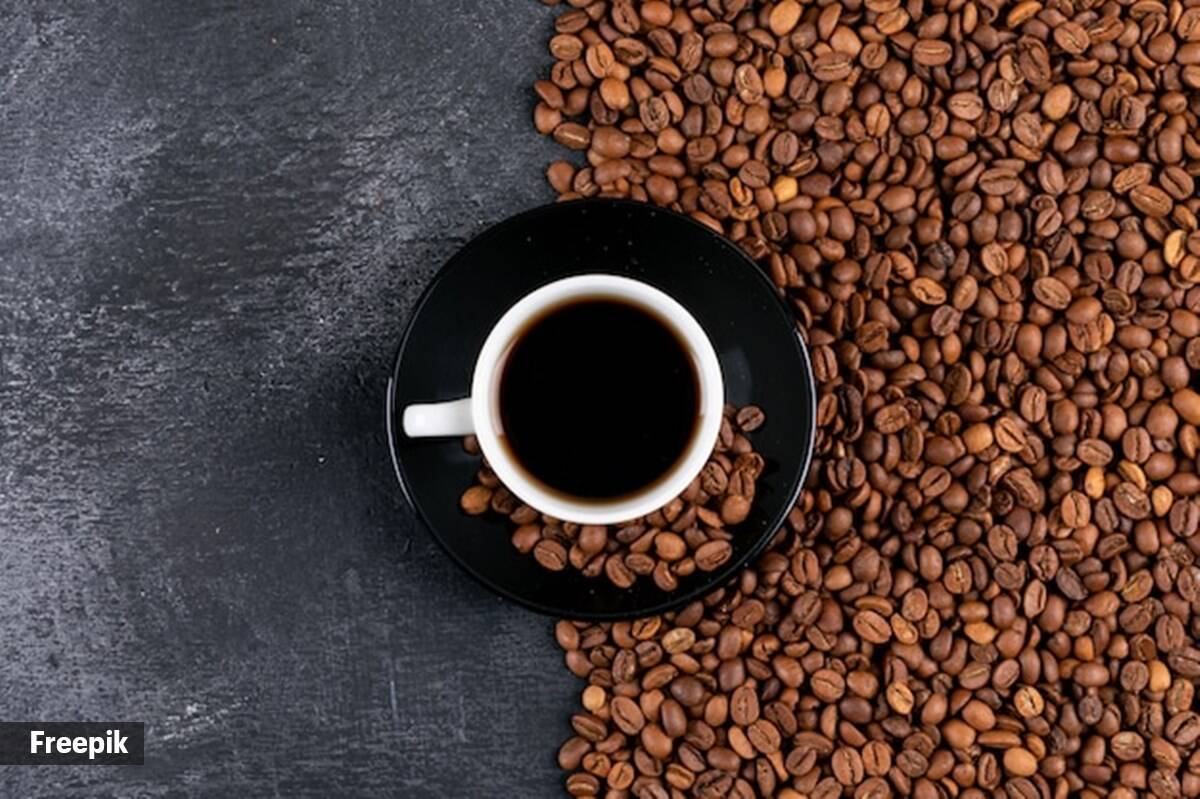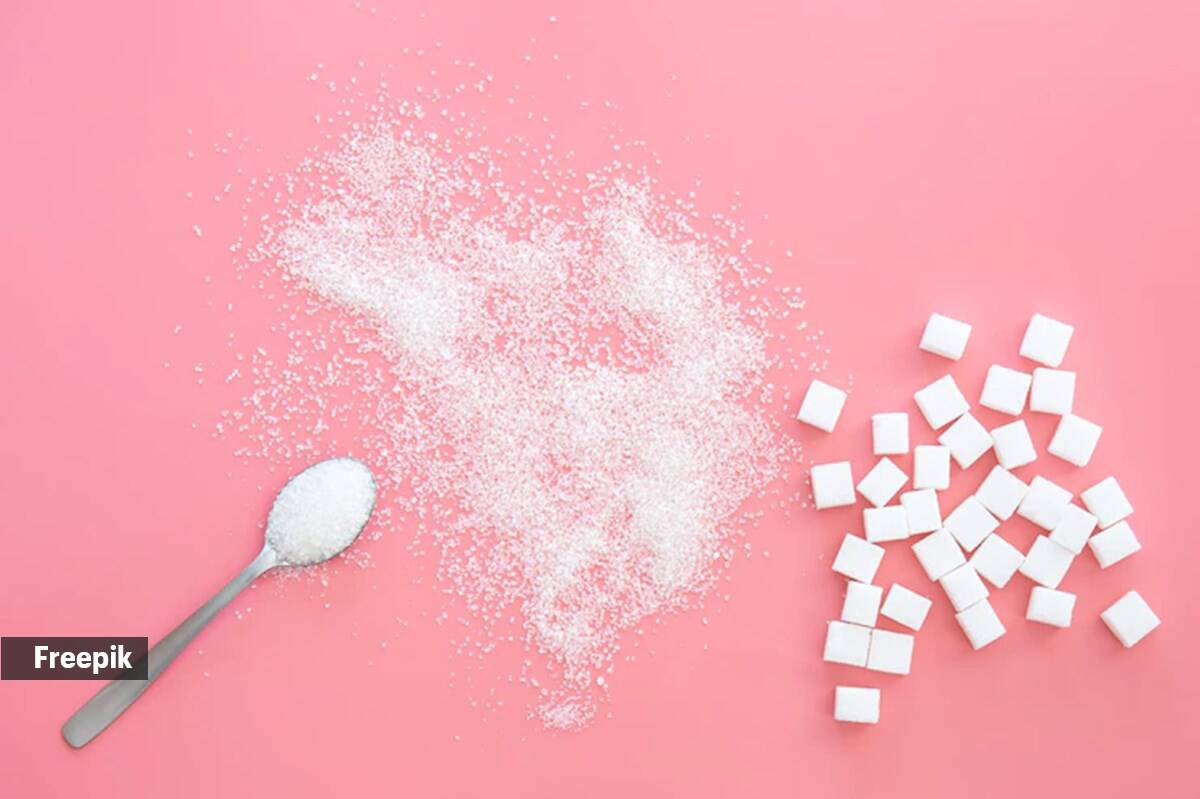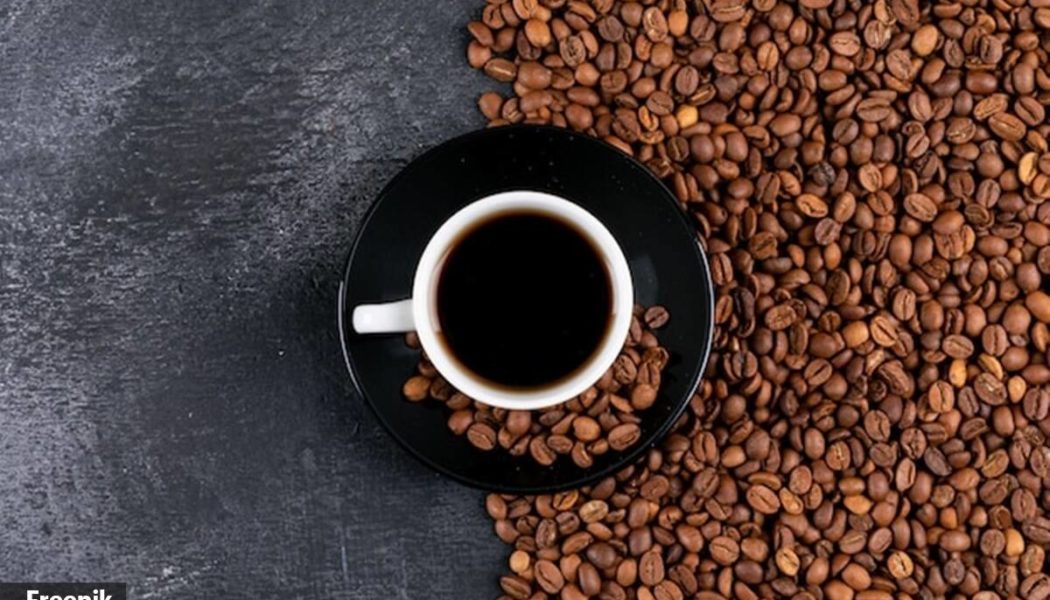The liver is an essential organ in the body with multiple life-supporting functions, including producing bile, which is vital for digestion, storing iron, making protein, and converting nutrients into energy. However, if too much fat gets accumulated in the liver, it can lead to a condition called fatty liver disease. A healthy liver contains a small amount of fat, however, it becomes a problem when fat reaches 5 to 10 percent of your liver’s weight.
According to Dr Sanjay Gupta, senior consultant, internal medicine, Paras Hospitals, “Consumption of excess carbohydrates and fats in the diet causes the fat to build up in the liver because this is not completely utilised as energy. When the fat does not break down as it should, it tends to accumulate in the liver.”
Adding to this, Dr P Venkata Krishnan, Internal Medicine, Artemis Hospital, Gurgaon said, “Fats in the liver are converted into glucose, which we use for energy. But in our routine habits, we adequately get carbohydrates from our diet, and we don’t need to go for our fatty liver deposits, leading to a buildup of fat in the liver.”
There are mainly two forms of fatty liver disease — alcohol-induced fatty liver disease and non-alcohol-related fatty liver disease. As per the expert, the main symptoms of fatty liver disease include fatigue, abdominal pain, and dyspepsia or indigestion. Dr Gupta further noted that diseases commonly associated with fatty liver include type 2 diabetes and obesity.
But, turns out, making certain lifestyles (both diet and exercise) can help “modify/reverse fatty liver”, as pointed out by Dr Abby Phillips (who goes by the handle ‘TheLiverDoc’ on Twitter).
People with fatty liver disease keep asking me in my DM’s for treatment advice. Here are 10 points that you can do to modify/reverse fatty liver.
1. Exercise
Three types of exercise have benefits on fatty liver. Aerobic exercise, resistance training, https://t.co/R6YvkZCJVI… https://t.co/Yfk3nJLxng pic.twitter.com/cFABjxqPPa— TheLiverDoc (@theliverdr) March 16, 2023
Exercise
Three types of exercise have benefits on fatty liver — aerobic exercise, resistance training, and high-intensity interval training. One can include any in their routine. “To a certain limit, you can burn out fat and decrease the fatty liver by vigourous exercise such as jogging for at least 4-5 kilometers,” said Dr Gupta. Adding, Dr Krishnan said, “When we exercise, we are utilising glucose, which is in the muscles and blood, and we also tap on the fat from the liver, which is used in the form of energy and burnt out.”
Diet
It is not the carbohydrates or fat, but the calories. Low calorie dietary interventions are most effective. Low calorie diet includes 1000 to 1500 calorie intake per day with a deficit of 500 to 750 calories each day. Apart from low-calories deficits, the only other diet intervention with proven use is the Mediterranean type without alcohol.
Advertisement
On similar lines, Dr Gupta noted that the recommended diet for reducing fatty liver is a non-processed, protein diet with salads, eggs, high-fibre legumes, whole grains, fruits and vegetables and no refined carbohydrates or saturated fats.
Sleep
Poor or inadequate sleep, which is less than six hours, and non-restorative and daytime napping more than 60 minutes are all independently associated with new onset or worsening fatty liver. Pamper your liver by getting some good sleep in your routine. Stressing on the same, Dr Krishnan said, “If we don’t sleep, the body does not repair itself. Hence it is essential to get at least 10 hours of sleep to allow the cells to regenerate and heal. Toxins produced by the liver are then effectively removed.”
However, Dr Gupta mentioned that there is no exact link between adequate sleep and fatty liver disease, but in case sleep is disturbed due to alcohol consumption, then it may cause fatty liver to reciprocate.
Coffee
Advertisement
 Coffee intake has been shown to reduce fatty liver disease independent of other dietary modifications. (Source: Freepik)
Coffee intake has been shown to reduce fatty liver disease independent of other dietary modifications. (Source: Freepik)
Much to the offence and annoyance of tea connoisseurs, coffee intake has been shown to reduce fatty liver disease independent of other dietary modifications. Ideally, it is black coffee, no sugar, no milk, a minimum of 3 cups a day, complete intake before late evening and never into the night. This dose will not affect your blood pressure, in fact may reduce it.
Highlighting the same, Dr Gupta said that since black coffee helps burn calories, it is beneficial in reversing fatty liver.
Alcohol
The most common cause of fatty liver is possibly alcohol use. The safest level of alcohol in preventing fatty liver is zero. Stop alcohol use and switch to non-alcoholic alcohol-like low calories beverages instead.
Sugar-sweetened beverages and fructose-containing processed foods
Stay away from these two. These can increase liver fat immensely and have been linked to fatty liver in both children and adults.
Artificial sweeteners
 Stevia is, supposedly, the safest bet among artificial sweeteners. (Source: Freepik)
Stevia is, supposedly, the safest bet among artificial sweeteners. (Source: Freepik)
Artificial sweeteners are safer to use than natural sugars, even though preclinical studies have shown increased liver fat in animal models due to action on gut bacteria. Stevia is, supposedly, the safest bet among artificial sweeteners. In case of diabetes/obesity, speak with your specialist before you want to use them.
Drug therapy
Advertisement
There are no approved drugs for the treatment of fatty liver disease. Recommended drugs include vitamin E and pioglitazone. No other drugs are useful. These are not used life long, but only until other associated risk factors are well-controlled. Drug therapy should be initiated in only those with confirmed nah (ideally biopsy proven or fibro scan/shear wave). Never initiate treatment based on only ultrasound scan fatty liver identification.
“In case the patient progresses to liver failure or cirrhosis, doctors may prescribe deoxycholic acid. In other cases, no specific drugs are there for treatment,” said Dr Gupta, stressing on the fact that reducing obesity, a proper diet and an exercise program are the best solutions. As per Dr Krishnan, no drugs are proven to show improvement in managing fatty liver disease.
Advertisement
What does not work?
*Urso deoxycholic acid, milk-thistle, green tea, omega-3 supplements and detox products
*Yoga (because it is not aerobic)
*Fruitarian or crash diets, turmeric/cinnamon supplements, shifting to honey or coconut sugars, herbal formulations and multiherbal products
*Any product with “liver detox” written on it & any product or advertisement with “reverse fatty liver” written on it.
Advertisement
Concluding, Dr Phillips wrote, “Fatty liver disease is a misnomer. It is really not a disease, but an association. Treatments should be aimed at controlling causes of fatty liver disease (alcohol use, diabetes, obesity, hypothyroidism, sleep disorder, sedentary life etc.) rather than liver.”
📣 For more lifestyle news, follow us on Instagram | Twitter | Facebook and don’t miss out on the latest updates!









